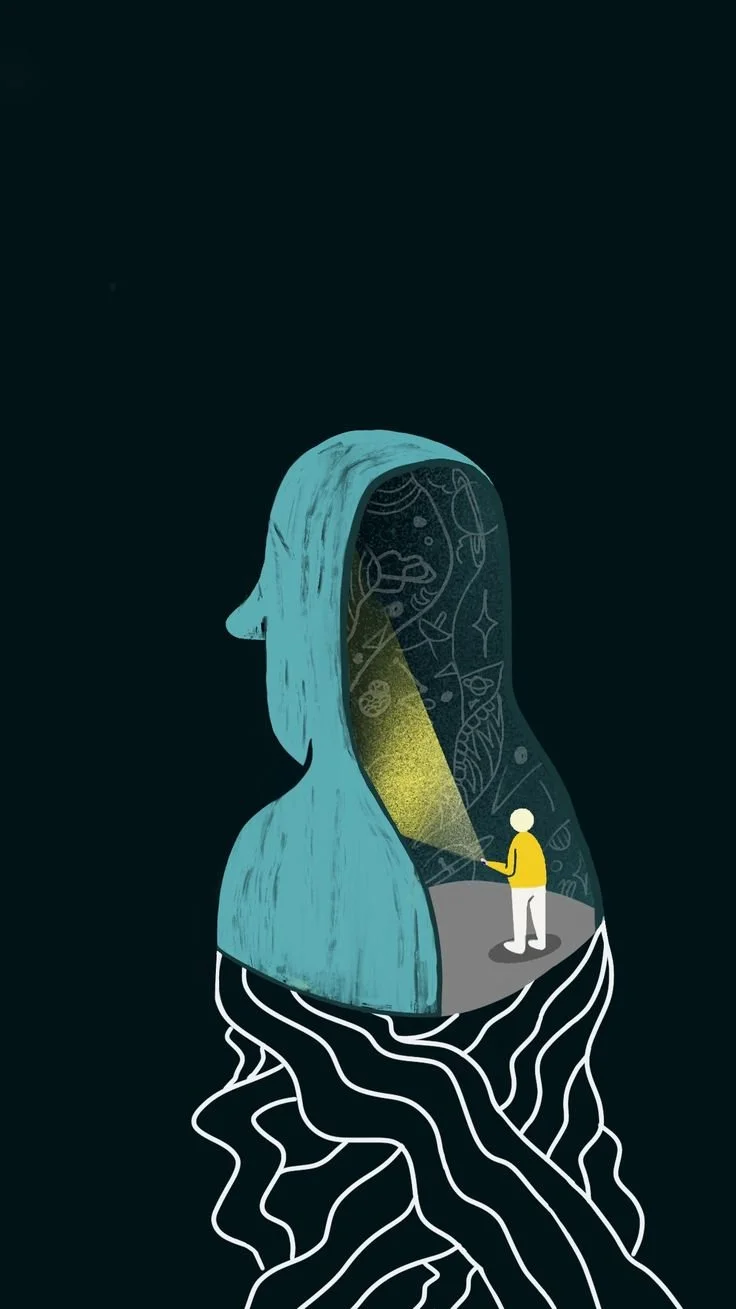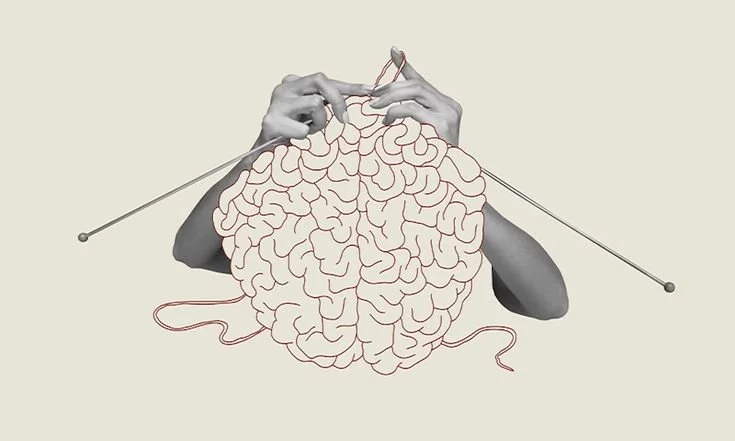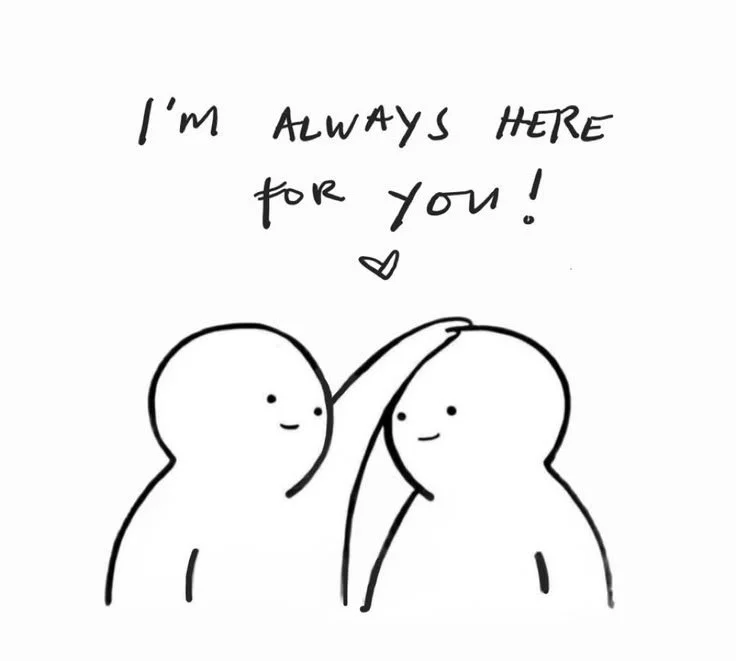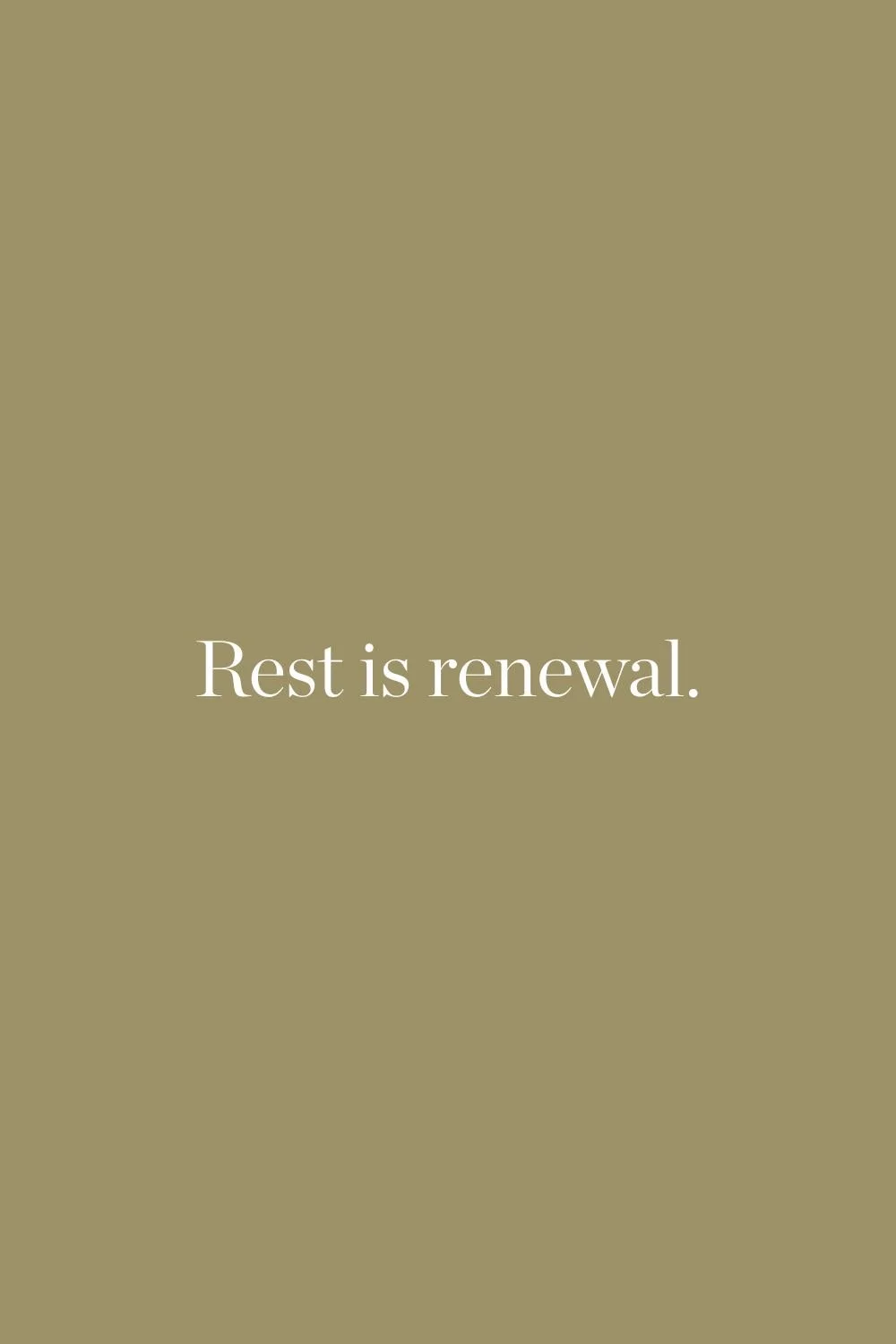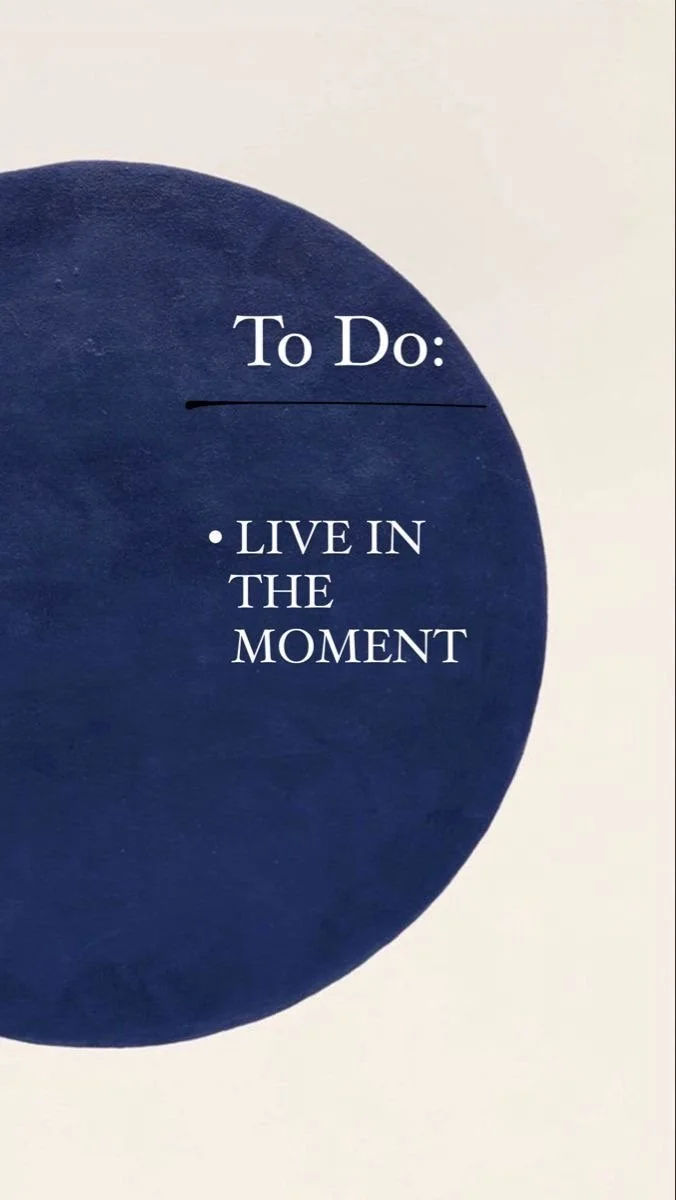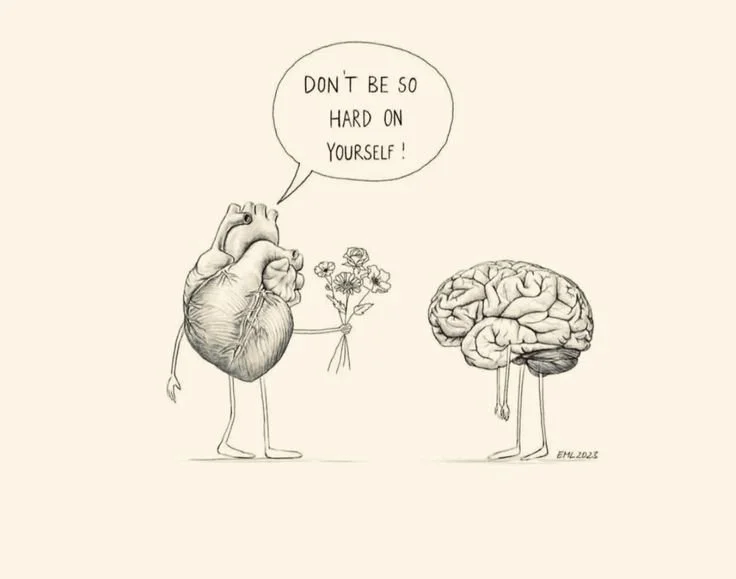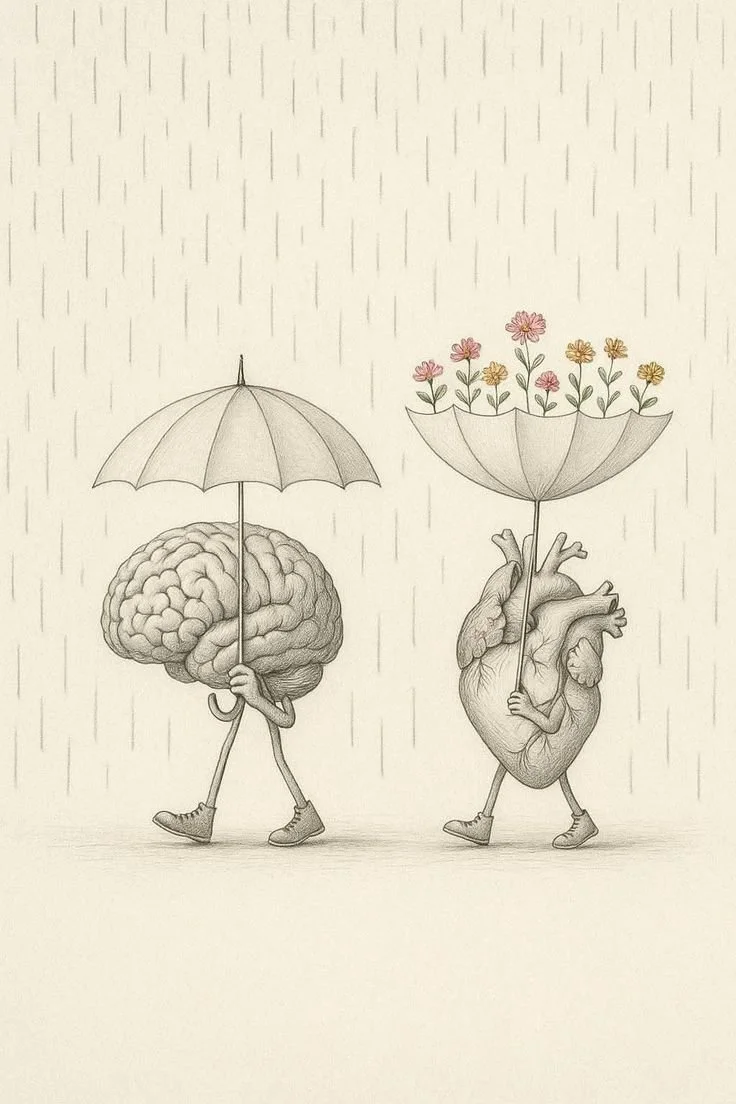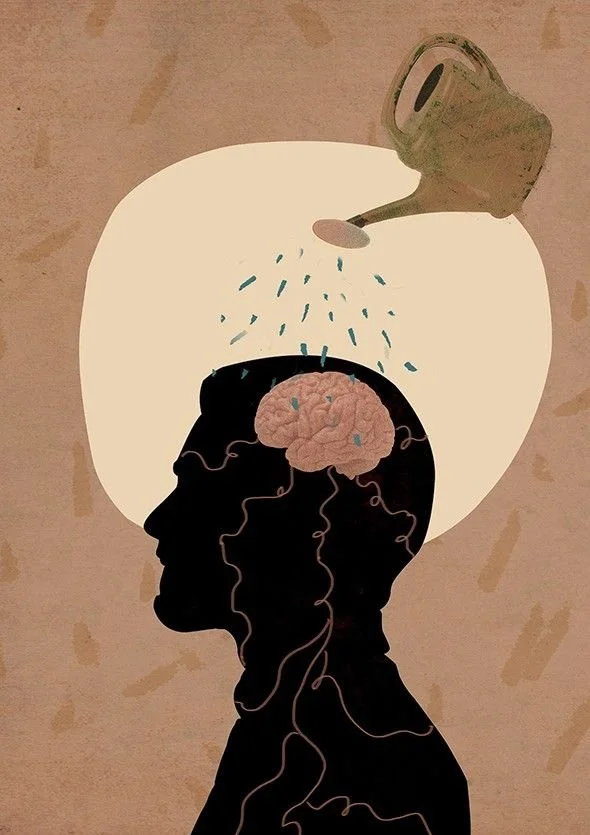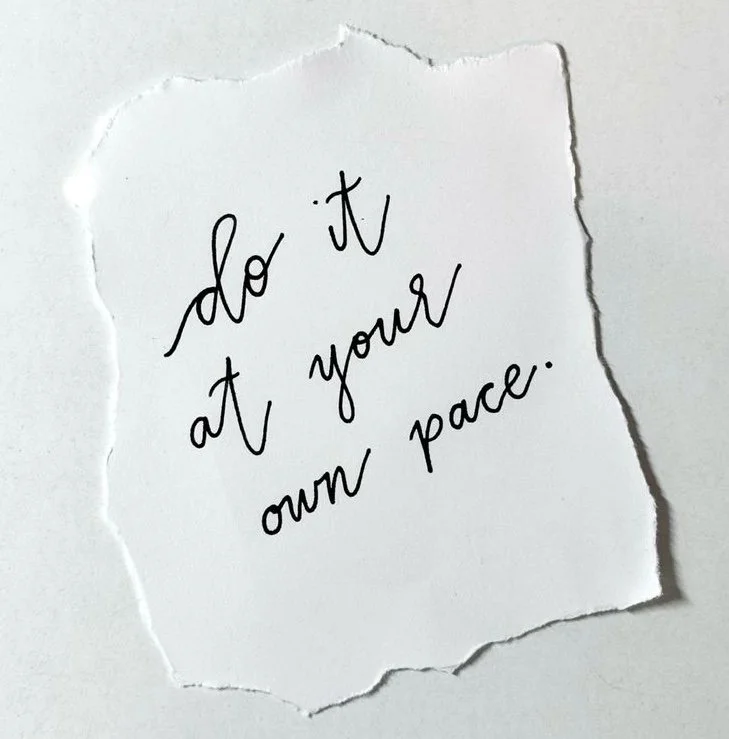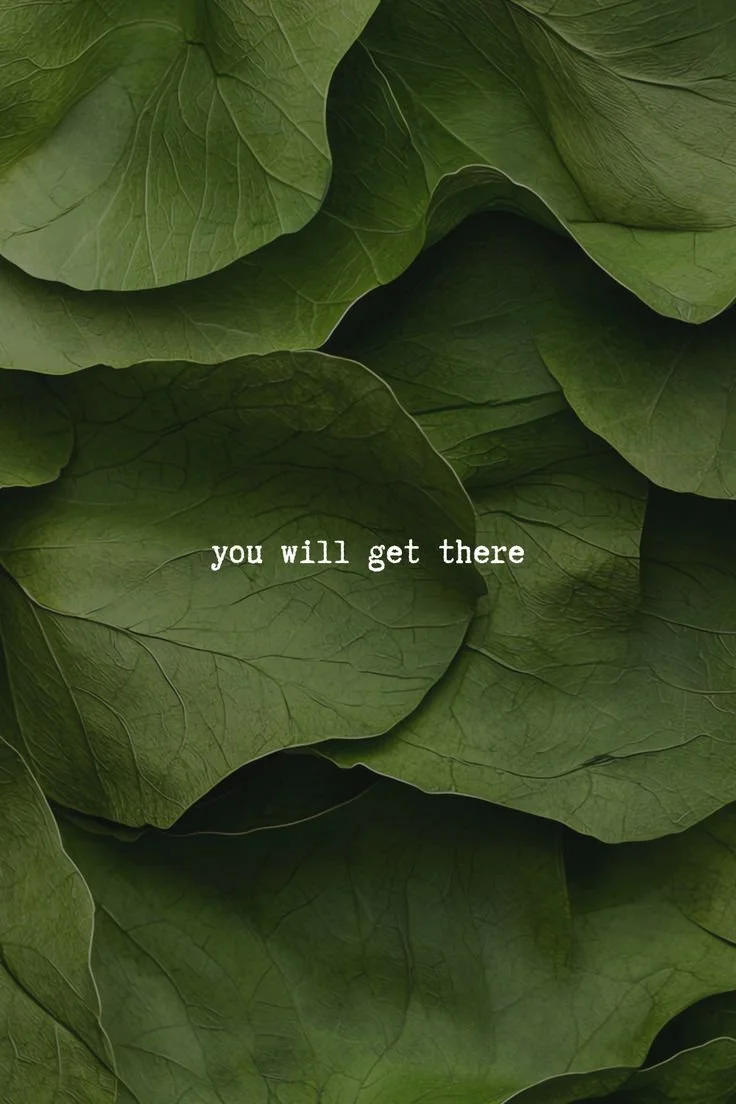Finding Yourself Again After a Long Season of Overwhelm
You didn’t lose yourself.
You simply got buried under everything you had to survive.
You are still here - quieter, perhaps, but intact. And you are finding your way back, one honest moment at a time.
Be patient with yourself.
Your inner rhythm is returning.
You are not broken, behind, or even starting over.
You are reconnecting with a version of yourself that has been waiting - patiently, quietly - for the overwhelm to ease.
And now that it has, you can come home to yourself again.
The Soft Strength of Letting Things Unfold
You don’t have to push everything into place.
Some things - the most meaningful things - reveal themselves when you stop forcing and start listening.
There is a quiet, powerful strength in letting things unfold - a strength that doesn’t demand, rush, or overpower.
It stays grounded. It stays present. It stays connected.
And from that place, life moves not because you force it - but because you’re finally aligned enough to receive what’s ready to arrive.
Choosing Peace Over Proving
You don’t need to win every debate.
You don’t need to defend every choice.
You don’t need to justify your rest.
You don’t need to prove your value through exhaustion.
You are allowed to choose peace, even when proving would feel more familiar.
Choosing peace over proving doesn’t make you less capable. It makes you less consumed.
And when you’re less consumed, you have more space for clarity, presence, connection, and joy.
Peace is not something you earn after proving yourself.
It is something you choose instead.
Letting Go of the Version of You That Was Just Surviving
The version of you that survived was necessary, but you are allowed to evolve. You need to evolve.
You are allowed to move from constant vigilance to steady presence.
From pressure to clarity.
From bracing to breathing.
You don’t have to carry the armour everywhere you go.
It kept you safe once, and now, you get to build something softer.
Letting go of survival mode isn’t about becoming less strong. It’s about becoming strong enough to live without it.
And that kind of strength feels lighter, steadier, and far more like you.
You Don’t Have to Carry It Alone Anymore
You were never meant to carry everything alone.
Your strength does not disappear when you ask for support, it deepens.
Let someone hold a piece of what you’re carrying. Let yourself be supported, not just strong.
You deserve that too.
Rebuilding Your Relationship With Rest
Rebuilding your relationship with rest is not about doing less - it’s about living more honestly.
Because when you finally allow rest without guilt, your life doesn’t slow down.
It softens.
It steadies.
It becomes more sustainable.
And in that softness, something beautiful happens -
your body, mind, and heart learn that they are allowed to breathe.
Letting Yourself Take Up Emotional Space
Taking up emotional space isn’t about becoming “more.”
It’s about becoming you - without shrinking, softening, or censoring your inner world to make it easier for others to digest.
Your feelings deserve room to breathe.
And so do you.
Making Decisions From Clarity, Not Fear
You don’t need to make the perfect decision.
You just need to make a true one.
And true decisions come from clarity - the part of you that knows, even when fear is loud.
Fear wants to protect you. Clarity wants to guide you.
Listen to the one that helps you move forward, not the one that keeps you small.
When you stop reacting from fear and start responding from clarity: your decisions become lighter, your mind becomes quieter, and your path becomes more aligned with who you actually are.
Clarity may whisper, but it always speaks the truth.
And learning to follow that voice changes everything.
The Quiet Confidence That Comes From Knowing Yourself
You don’t have to be bold to be confident.
You don’t have to be loud to be powerful.
You don’t have to be certain to be grounded.
Quiet confidence is born from knowing who you are - not who you’re expected to be.
And when you move through the world from that place, everything becomes clearer, steadier, and more deeply aligned.
Softening the Inner Expectations You Place on Yourself
You don’t owe the world a perfect version of yourself.
You don’t need to push through every feeling.
You don’t need to perform resilience to deserve rest.
You don’t need to meet every expectation - especially the ones you inherited, absorbed, or were conditioned to believe.
You are allowed to be human. You are allowed to be soft.
Softness will not break you, it will bring you back to yourself.
Softening your inner expectations doesn’t make you less capable.
It makes you more whole.
And from wholeness, the best parts of you - the thoughtful, calm, compassionate parts - can finally breathe and grow.
What It Means to Feel Emotionally Safe With Yourself
You don’t need to become the perfect version of yourself to feel emotionally safe. You only need to become a kinder one.
Talk to yourself softly. Listen to yourself honestly. Stay with yourself compassionately.
When you treat your inner world with care, you don’t just feel better - you feel more you. And that is where everything begins.
Listening to Yourself Without Second-Guessing
Listening to yourself isn’t about being right all the time - it’s about being true, being authentic.
It’s about respecting your inner world enough to let it matter. It’s about releasing the fear that your needs are inconvenient. It’s about recognising that your clarity counts - even if no one else understands it yet.
The more you listen inward, the quieter the second-guessing becomes. Not because life gets easier, but because you begin to trust that you can navigate it.
You deserve a life where you don’t abandon yourself in every decision. And that begins with listening - softly, consistently, and without apology.
What Feeling “Aligned” Actually Means (And How to Notice It)
You don’t have to find alignment all at once.
You find it gradually - in the choices that bring steadiness instead of strain, honesty instead of performance, and connection instead of self-betrayal.
Alignment isn’t about becoming someone else. It’s about becoming less divided inside.
And when that happens, life doesn’t suddenly become perfect - but it does become more peaceful, more coherent, and more yours.
Learning to Trust Your Pace Again
You don’t need to match anyone else’s timeline.
You don’t need to justify your rhythm.
You don’t need to hurry your becoming.
Your pace is not a weakness. It’s a reflection of care.
Learning to trust your pace again is not about doing less - it’s about moving in a way that feels honest, sustainable, and true.
When you stop rushing yourself, you don’t fall behind.
You come home to yourself.
What You Want More of This Year (Not What You Want to Fix)
As this year unfolds -
May you choose curiosity over criticism. May you offer yourself compassion instead of correction. May you build a year that feels supportive, not performative.
You are not here to fix yourself. You are here to grow - gently, honestly, and in your own way. This year doesn’t need to make you “better.” It only needs to make you more you.
And that is more than enough.
Settling Into the Year (Without Rushing Yourself)
You are not late, you are not behind, you are not doing it wrong. You are settling.
And settling is not stagnation in any form, it’s alignment forming quietly.
Let this year meet you slowly.Let it arrive in moments, not demands.Let it unfold at a pace that honours your nervous system, your energy, and your truth.
There is plenty of time, the year will wait for you.
A New Year, Gently: Beginning Without Pressure
May this year meet you kindly.
May it give you space to breathe and room to grow.
May it bring moments of clarity, comfort, and connection - in ways both expected and surprising.
And may you remember, especially on days that feel uncertain:
You are not behind.
You are not late.
You are exactly where you need to be to begin.
Happy New Year!
A letter about being human
May the year ahead be softer with you.
May it bring moments of peace, connection, and clarity - gently, in its own time.
May you learn to trust yourself a little more, rest a little deeper, and hope a little freer.
And as this year closes, know this:
You were enough - all along.
On Christmas, and the Quiet Miracle of Being Here
May this Christmas hold you gently.
May it meet you with kindness rather than expectation.
May you feel seen, supported, and quietly at peace.
May your heart find rest where it needs it,
your spirit find hope where it has grown tired,
and your days ahead unfold with softness and light.
The Unseen Wins of the Year: Celebrating the Moments That Quietly Made You Stronger
Not every win announces itself. Not every win is loud.
Not every win looks like progress from the outside.
But you have carried dozens of quiet wins this year - quietly, humbly, persistently.
You are ending this year wiser, softer, stronger, and more grounded than you began it. And that is worth celebrating.
Here’s to all the unseen wins that shaped you - the ones no one talked about, but the ones that truly mattered.


